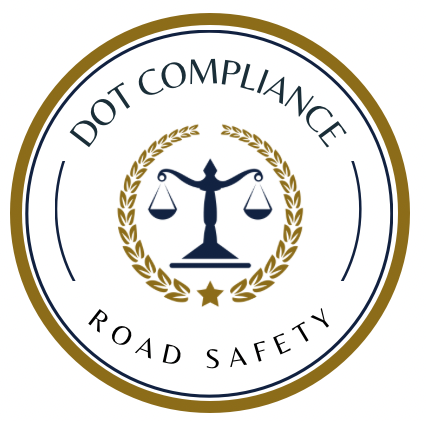Unified Carrier Registration (UCR)
UCR 2023 Registration is OPEN NOW!!!
Within the next few minutes, find out exactly your immediate needs and get on the fast-track to operating in Unified Carrier Registration (UCR).
(Applicable only for INTERstate Operators)
UCR Program
UCR is important for your commercial transportation business for several reasons. If you don’t have it right now, you should know that any unregistered motor carriers working across state lines will not be able to function or may even be pulled off the road if they do not comply.
- But do you need a UCR filing after all?
- Do you fall under that category?
- Are you actively participating in interstate transportation/commerce?
Keep reading to find out whether you need to be compliant or not.

Understanding UCR Registration
UCR stands for Unified Carrier Registration. It is a program that is specifically formulated for commercial vehicles and commercial transportation companies involved in interstate commerce. It is a federally-mandated system that directs operators of commercial vehicles to register their fleets and perform an annual UCR filing without fail.
Does Your Business Necessitate You To Have A UCR Filing?
If you are a motor carrier and constantly drive your commercial vehicle across the state or international borders, to transport cargo, you will need to file UCR every year. If you are an individual or a company that makes arrangements for such shipments, you will have to file a UCR. The same applies to brokers, freight forwarders, leasing companies, and anyone working with interstate and international commerce across the country. They will all be subject to the UCR fee. As a motor carrier, the cost of your UCR filing will depend on the total number of vehicles that you have in your fleet. On the other hand, brokers and leasing companies may have to pay the lowest fee if they want to register.


What Happens When You Fail To Get A UCR Registration?
If you are caught driving across state lines without UCR, the enforcement officials have the right to detain your vehicle. In addition to that, you may have to pay fines and penalties. Depending on which state you are from and which state you are currently operating in, the fine could vary anywhere between $100 to $5,000 for first-time offenders.
State-Wise Requirements And The Unified Carrier Registration Program
Currently, 41 states in the US are actively participating in the UCR program. The states that do not participate right now are Arizona, Hawaii, Florida, Maryland, Nevada, New Jersey, Vermont, Oregon, Wyoming, and the district of Columbia. If your state does not participate in the program, it does not mean that you do not have to register. Regardless of where you are registered as a company, you will have to participate in the UCR program if you wish to continue trading across state borders. If you do not have this program in your state, you should purchase a UCR filing in any of the participating states that are nearest to you.
Non-Commercial Carriers And FMCSA
The federal motor carrier safety administration that exists within the department of transportation is responsible for regulating non-commercial carriers that are above a certain weight and also commercial shipping operations. If you are a motor carrier and want to obtain a DOT number, you first must register with the unified carrier registration program.
Impact Of Trailer Size On Your UCR
Certain rules apply to enclosed trailers and open tilt decks as well. These need to be registered with the state department of motor vehicles as well. If you are using a trailer for commercial purposes across state borders, you will be subject to state and federal vehicle safety laws as well. You will have to get in touch with your third-party UCR services provider for more information about this.

